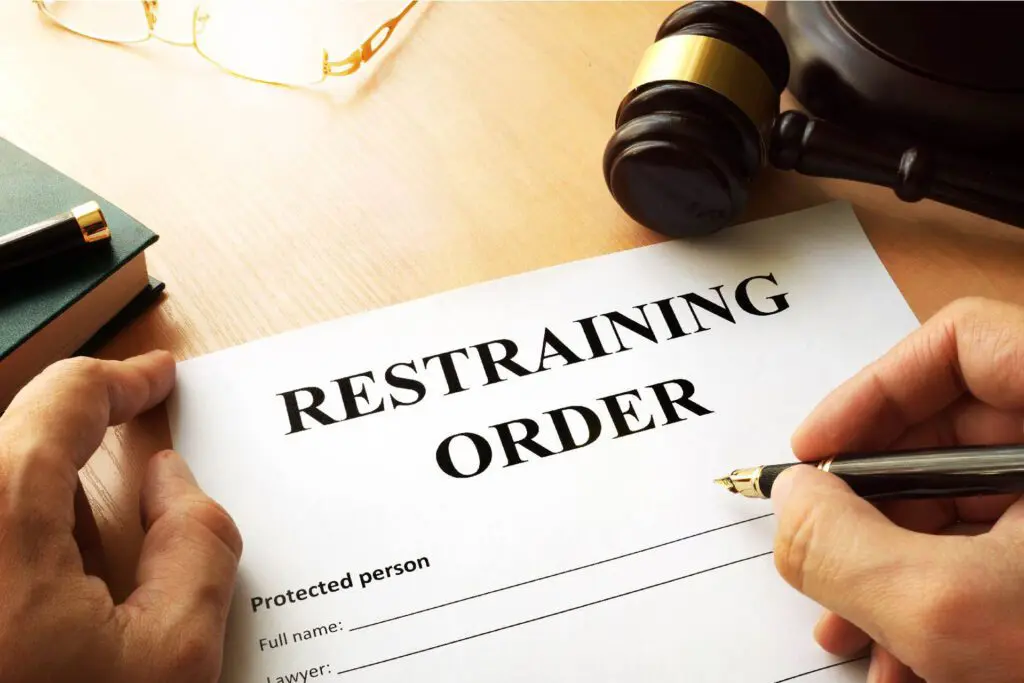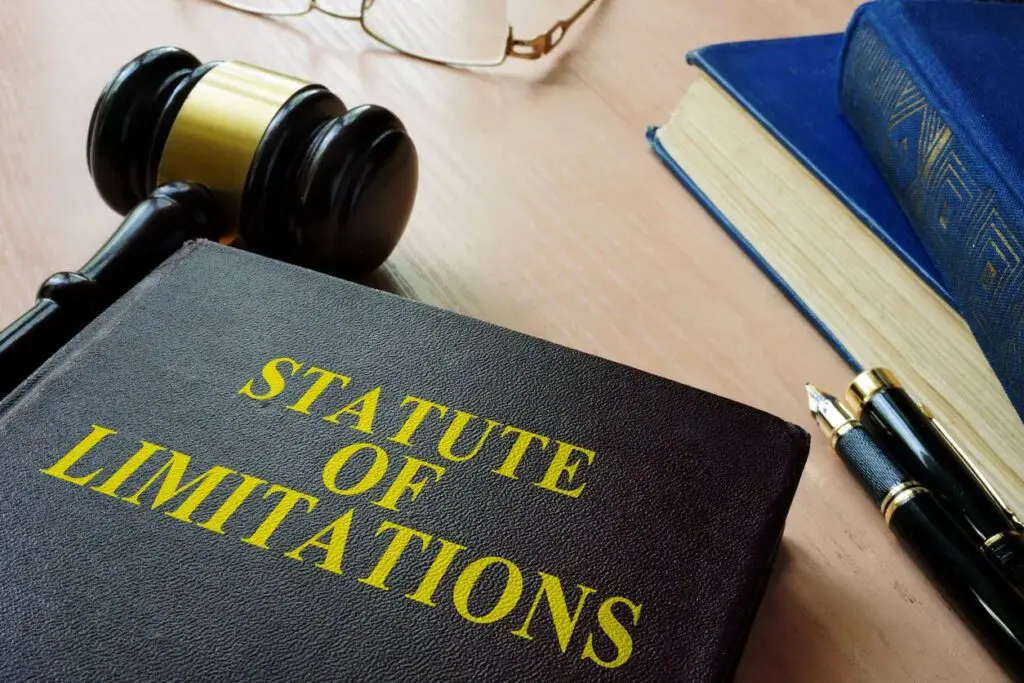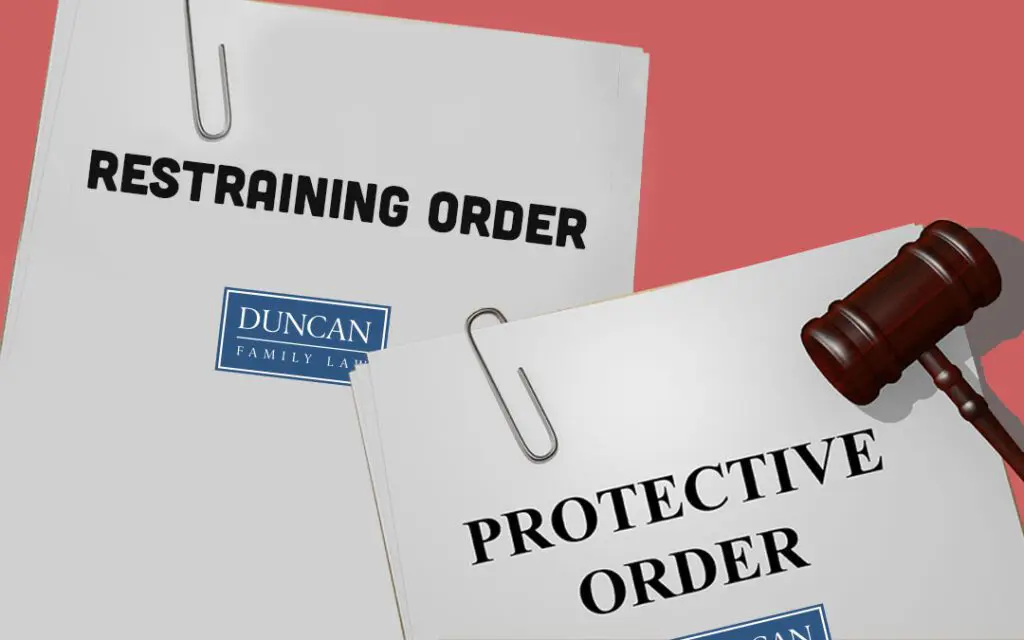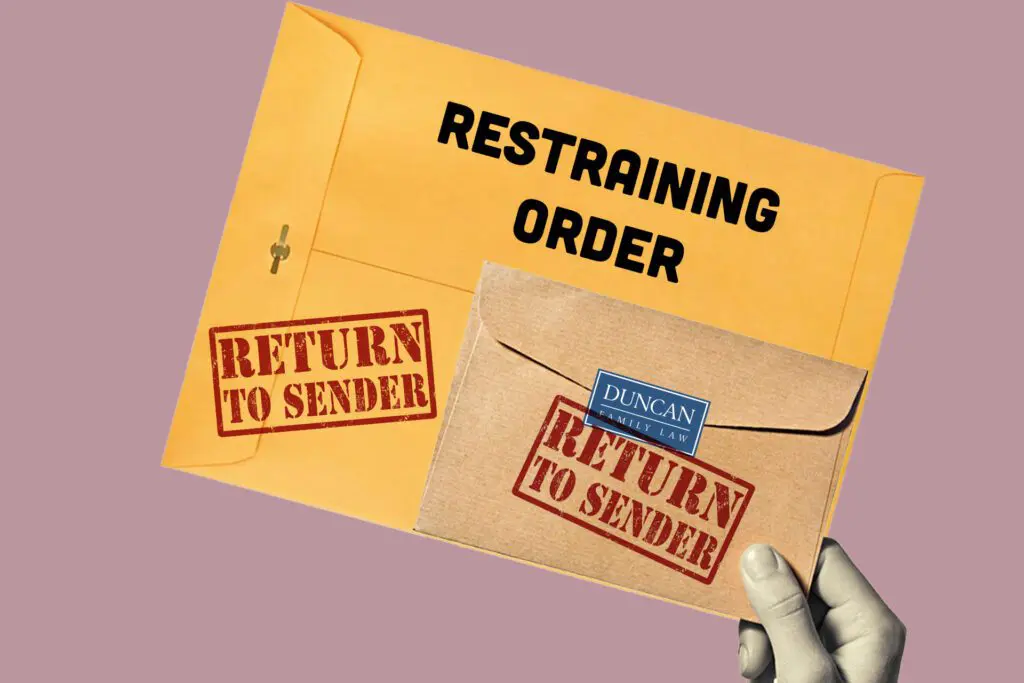Is Domestic Abuse a Felony in California?

In California, domestic abuse (domestic violence) can be charged as either a felony or a misdemeanor depending on the severity of the conduct, the defendant’s criminal history, and specific circumstances such as injury to the victim or use of a weapon. Understanding the distinctions helps clarify potential legal consequences under state law. Understanding California Domestic […]
Can a Court Deny a Restraining Order for No Reason in California?

Short answer: No. A California court cannot deny a restraining order “for no reason.” When a restraining order is denied, it is because the legal requirements were not met—most often due to insufficient evidence, lack of qualifying conduct, or credibility issues. This article explains why courts deny restraining orders, what denial actually means, and what happens […]
Does a Restraining Order Have to Be Served in Person in California

Under California law, most restraining orders must be personally served on the restrained person to be enforceable. Personal service ensures the individual receives formal notice and understands the restrictions imposed. However, limited exceptions and alternative service methods may apply in specific court-approved circumstances. Why Personal Service Is Required Under California Law California courts emphasize due […]
Can You Get a Restraining Order for No Reason in California?

Short answer: No. In California, you cannot obtain a restraining order “for no reason.” Courts require legally sufficient grounds supported by evidence before issuing any restraining order. Personal disagreements, retaliation, or vague fear—without qualifying conduct—are not enough. This article explains who can request a restraining order, what reasons qualify under California law, and why courts refuse […]
Domestic Violence Statute of Limitations in California: Latest Updates

In California, the statute of limitations for domestic violence, California, charges sets deadlines for how long prosecutors have to file cases. The statute of limitations for domestic violence in California is currently five years and will extend to seven years starting January 1, 2025. This five-year statute of limitations applies to both misdemeanor and felony […]
Restraining Order Violation: Consequences and Legal Implications

Restraining orders are legal tools to protect individuals from harassment, abuse, and unwanted contact. Violating a restraining order is a serious criminal offense that may result in immediate arrest, hefty fines, and potential imprisonment. Such violations carry severe legal consequences in civil court, often leading to a permanent criminal record with lasting impacts on one’s […]
Does a Restraining Order Go on Your Record?

Concerned about “does a restraining order go on your record?” The answer is yes; in most jurisdictions, including California, restraining orders do go on your record. However, the visibility and impact of these orders can differ based on whether they are temporary or permanent. However, its impact on your record and any background checks can […]
Protective Order vs Restraining Order: Key Differences

In the US, protective orders and restraining orders serve different purposes and are associated with different legal proceedings. Here are the key differences: Protective Order Associated with: Criminal cases, particularly in cases of family violence, human trafficking, or stalking. Civil protection orders are a type of protective order used in legal proceedings aimed at preventing […]
How to Prove Mental Abuse in Divorce

Navigating a divorce is challenging under any circumstances, but proving mental abuse can add an additional layer of complexity. Mental abuse, also known as emotional abuse, can be subtle and difficult to quantify, making it a particularly challenging aspect to present in divorce proceedings. At Duncan Family Law, we specialize in helping clients gather the […]
What Happens if a Restraining Order is Not Served?

Imagine the relief of obtaining a restraining order, only to find it’s like shouting into the wind if not properly served. This legal hiccup can flip your sense of security on its head, leaving you wondering where to stand. When paperwork aimed at protecting you doesn’t reach the right hands, it’s as though your safety […]